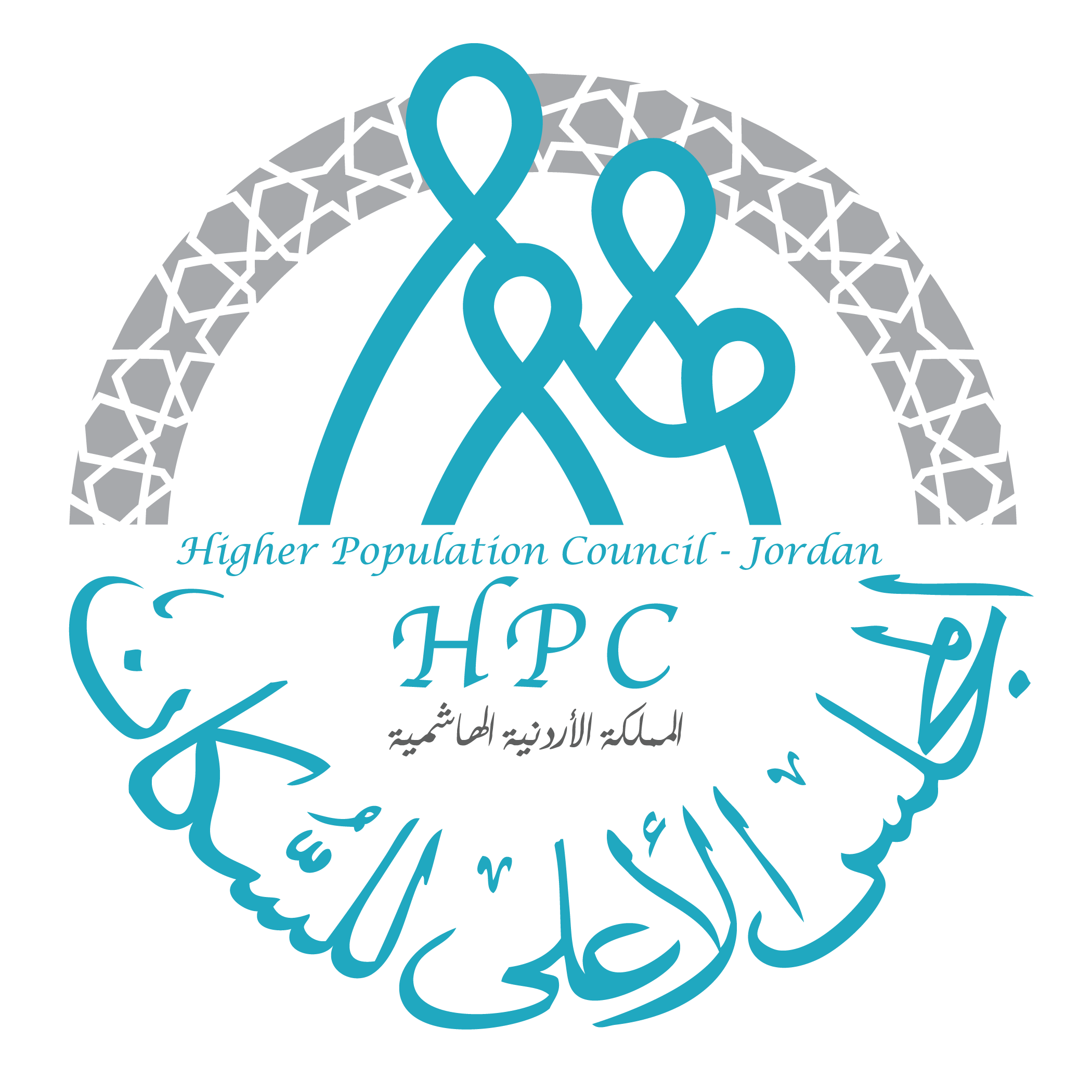

Spouses may resort to using a certain method to avoid pregnancy for three purposes:
1. To delay the birth of their first child and the commencement of parenthood for reasons of their own
2. To space out the periods of pregnancy and childbirth
3. To stop childbirth altogether as they believe they have the desired number of boys and girls they had planned for. This either means that spouses are content with the children they have had, or because any new pregnancy may put the wife’s health at risk.
In a survey on Population and Family Health conducted every five years by the Department of General Statistics, the researcher asks the wife a direct question:
‘Do you or your husband use any method to regulate pregnancy and childbirth?’
If the answer is affirmative, the researcher then moves on to ask the wife about the type of method used.
Methods of regulating pregnancy and childbirth are in two categories:
1. Modern methods, which require a reliable source, are highly effective and have high success rates in achieving their purpose when used by the family
2. Traditional methods which include counting and monitoring the days of ovulation and abstinence from intercourse between spouses on certain days of the menstrual cycle, and external ejaculation. Traditional methods need not be acquired from a source but have a poor effectiveness rate, or in other words, they have high failure rates in meeting the family goals and reproductive desires. Traditional methods, in addition to condoms - which are considered one of the modern methods - are the three methods where husbands are a part of regulating pregnancy in Jordan.
The figure below illustrates that the use of traditional methods or, as some may call them normal methods, to regulate pregnancy and childbirth in Jordan is the highest among all Arab societies at a rate of 22% approximately in Jordanian families compared to about 17% in non-Jordanian families (Syrian and others.) This is despite the fact that modern methods and services are available free of charge in more than 500 health facilities under the Ministry of Health distributed throughout all governorates of the Kingdom. The Ministry of Health also purchases, provides and dispenses modern means free of charge to the Royal Medical Services, university hospitals, the Jordanian Society for Family Planning and Protection, UNRWA and other non-governmental organizations that offer this service. Moreover, some modern means may also be obtained from privately owned drugstores.
Results of family surveys of population and family health indicate a new increase in the percentage of use of traditional methods among spouses in Jordan, as this percentage has risen rapidly from 14% in 2018 to 22% in 2023, while the percentage of the use of modern methods has remained almost stable at about 38%. In addition, the rate of the use of traditional methods is higher than the national rate by 2 to 6 percentage points in five governorates among women who have 3-4 children, among women in the age group of 25-29 years, and among women with an education higher than secondary school.
Conclusion: What does it signify when spouses resort to using certain methods to regulate pregnancy? This indicates an urgent need to postpone or evade pregnancy. But if this use fails due to the low effectiveness of the method they chose or an error in using it, then an unwanted pregnancy may occur. Such unplanned pregnancies have multi-faceted consequences on the spouses which cannot be discussed here. To avoid a situation as such, knowledge, awareness and counselling on modern means of regulating childbearing must be improved by exploiting all opportunities. This can be done when the wife frequents the health facility during routine visits while pregnant, at the time of birth, or when giving her newborn the necessary vaccines.








